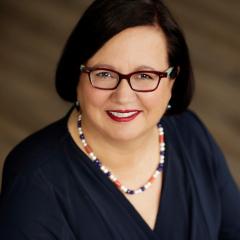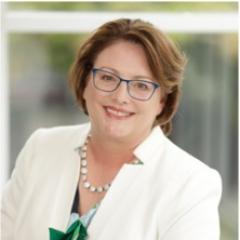The University of Queensland’s Queensland Cerebral Palsy Research and Rehabilitation Centre (QCPRRC) has launched the first of its kind, parent focussed, self-advocacy research project – the Cerebral Palsy Knowledge, Advocacy Skills and Support Program (CP-KASP).
The CP-KASP research, led by Associate Professor Leanne Sakzewski will assist parents of young children with cerebral palsy to navigate the National Disability Insurance Scheme (NDIS) to develop evidence-based backages of therapies.
CP-KASP will be a novel web-based, multi-component platform which QCCPRC and their collaborators will develop, test and then implement with families in the early years to help them to advocate for their child to receive the right intervention at the right time.
Associate Professor Leanne Sakzewski said that this novel research will develop an evidenced based program that will help parents advocate for themselves and their children.
“Parents tell us that they need to develop advocacy skills and have a greater understanding of what constitutes evidence-based therapies in order to successfully navigate the NDIS system” Associate Professor Sakzewski said.
“There are over 186 different types of therapies and 1,000 service providers, which can be overwhelming for parents.
“CP-KASP will be co-designed with families of children and co-lead by two collaborators with lived experience of disability Dr Fiona Russo and Dr Shaneen Leishman, to help families increase their knowledge and skills to navigate the NDIS to optimise evidence-based funding through the NDIS.”Associate Professor Leanne Sakzewski said.
The University of QLD is partnering with the University of Southern Queensland, Queensland University of Technology, The Cerebral Palsy Alliance, and Griffith University.
CP-KASP will empower parents to effectively develop an evidence-informed management plan for their child based on three international clinical practice guidelines including our recent publication on Functional Therapies for children with CP (link to DMCN paper).



